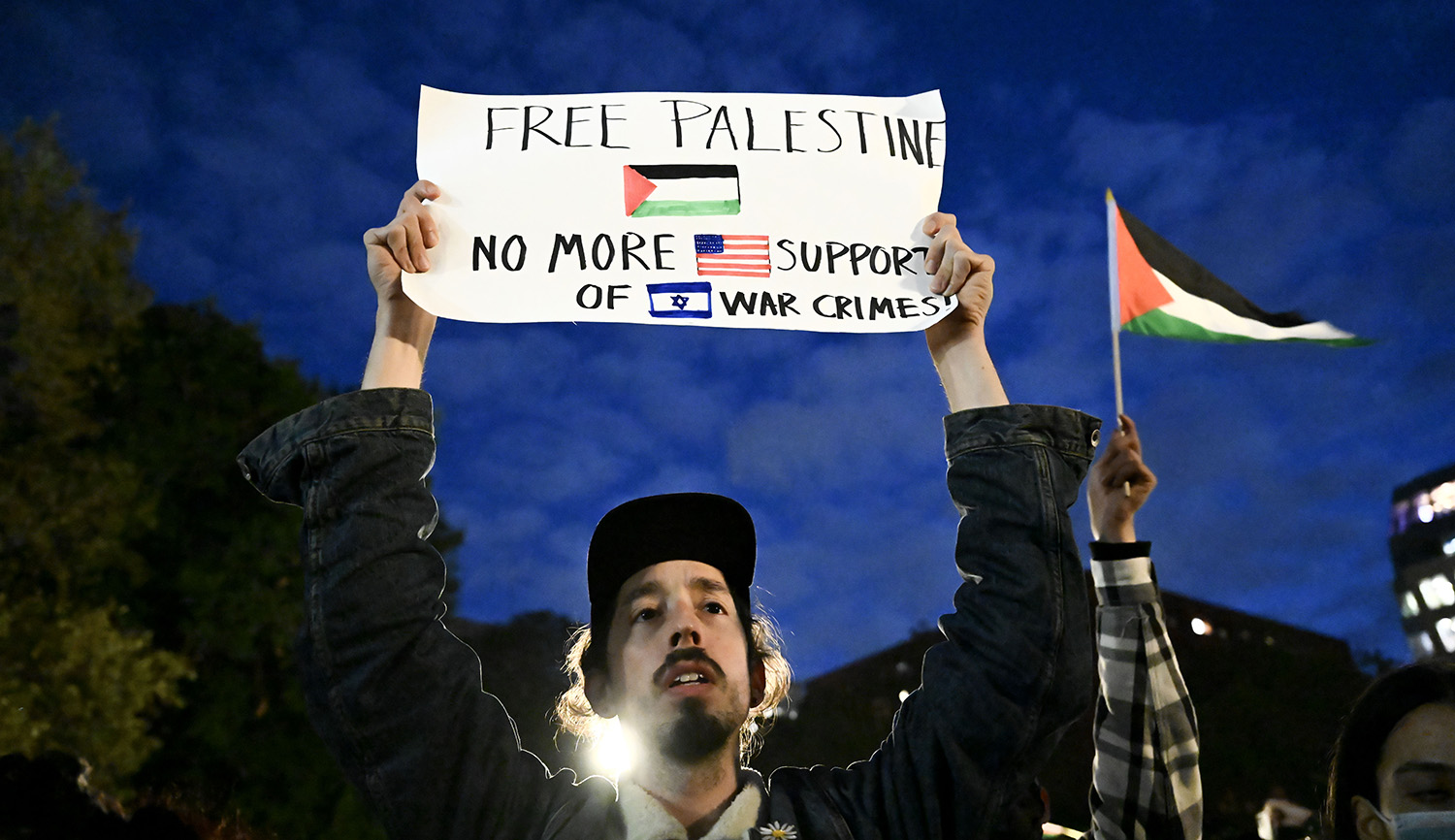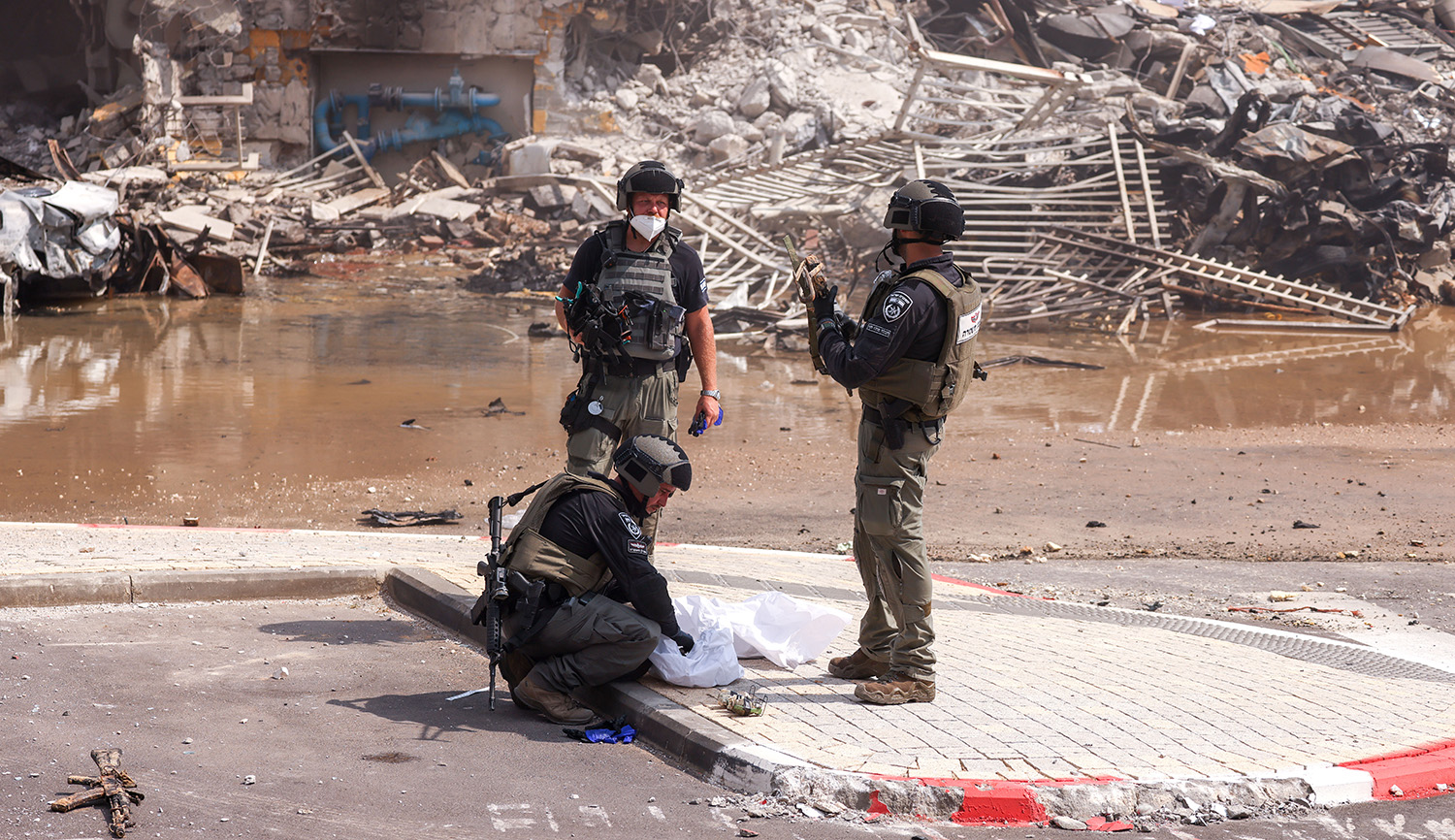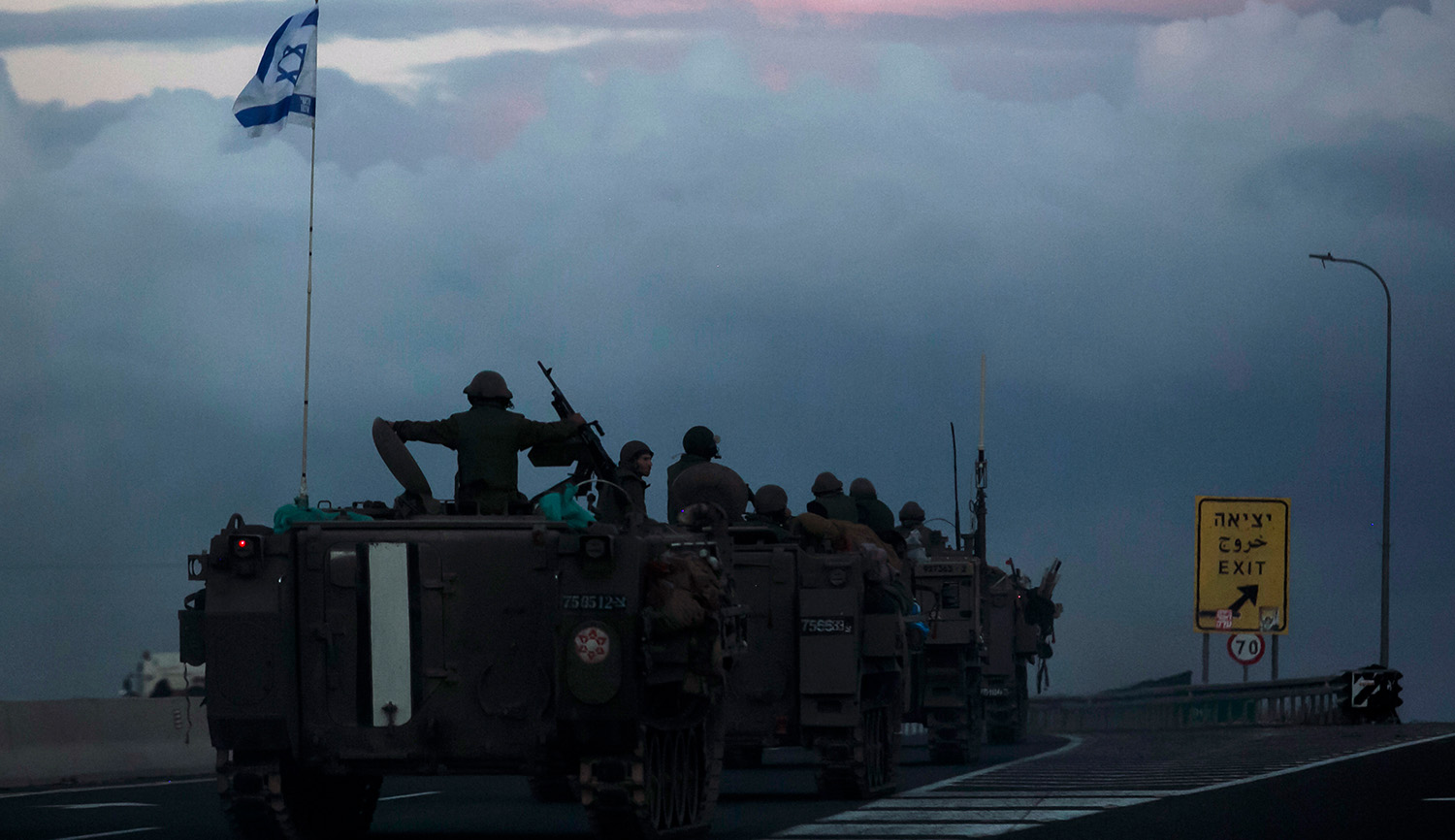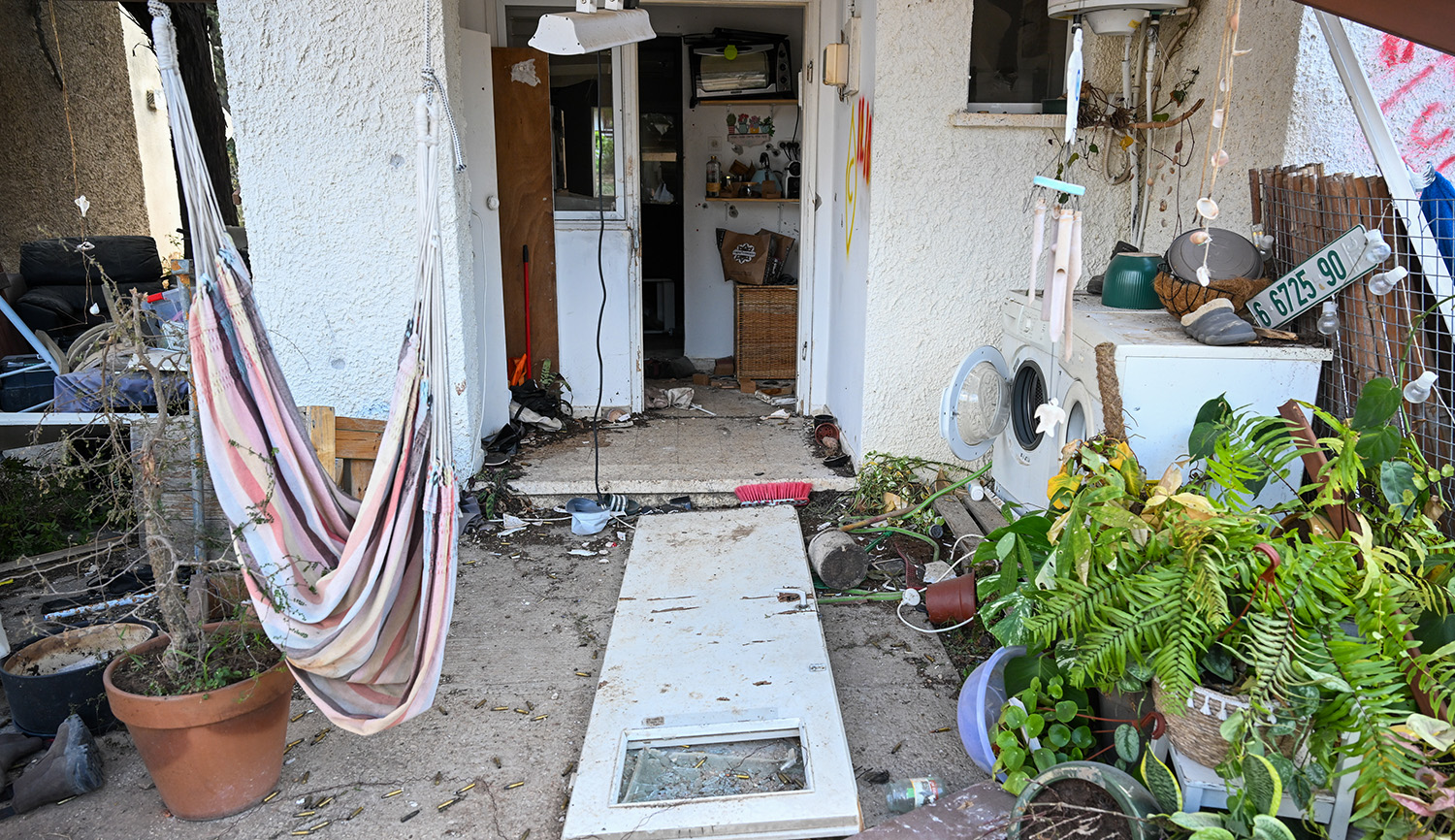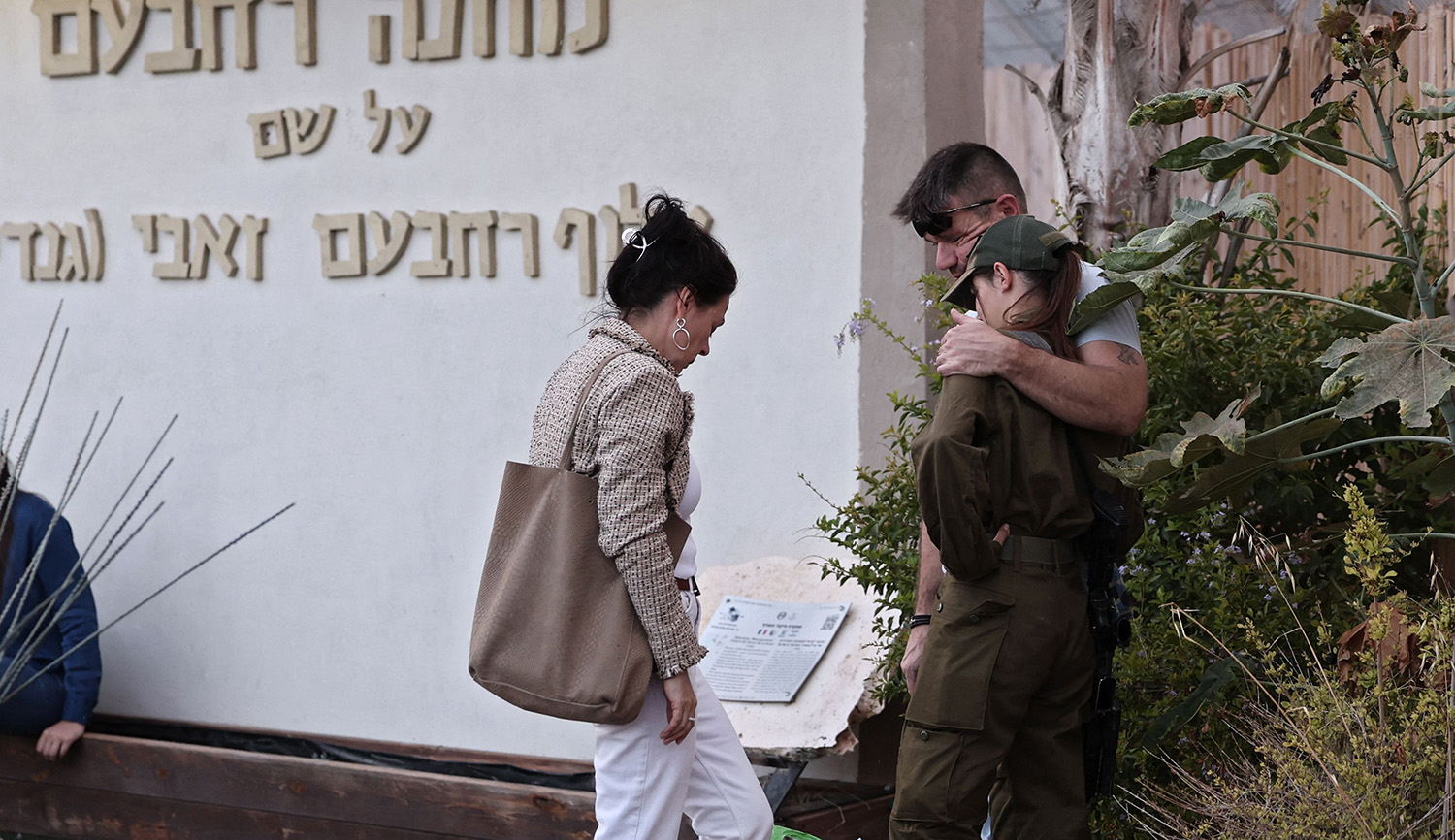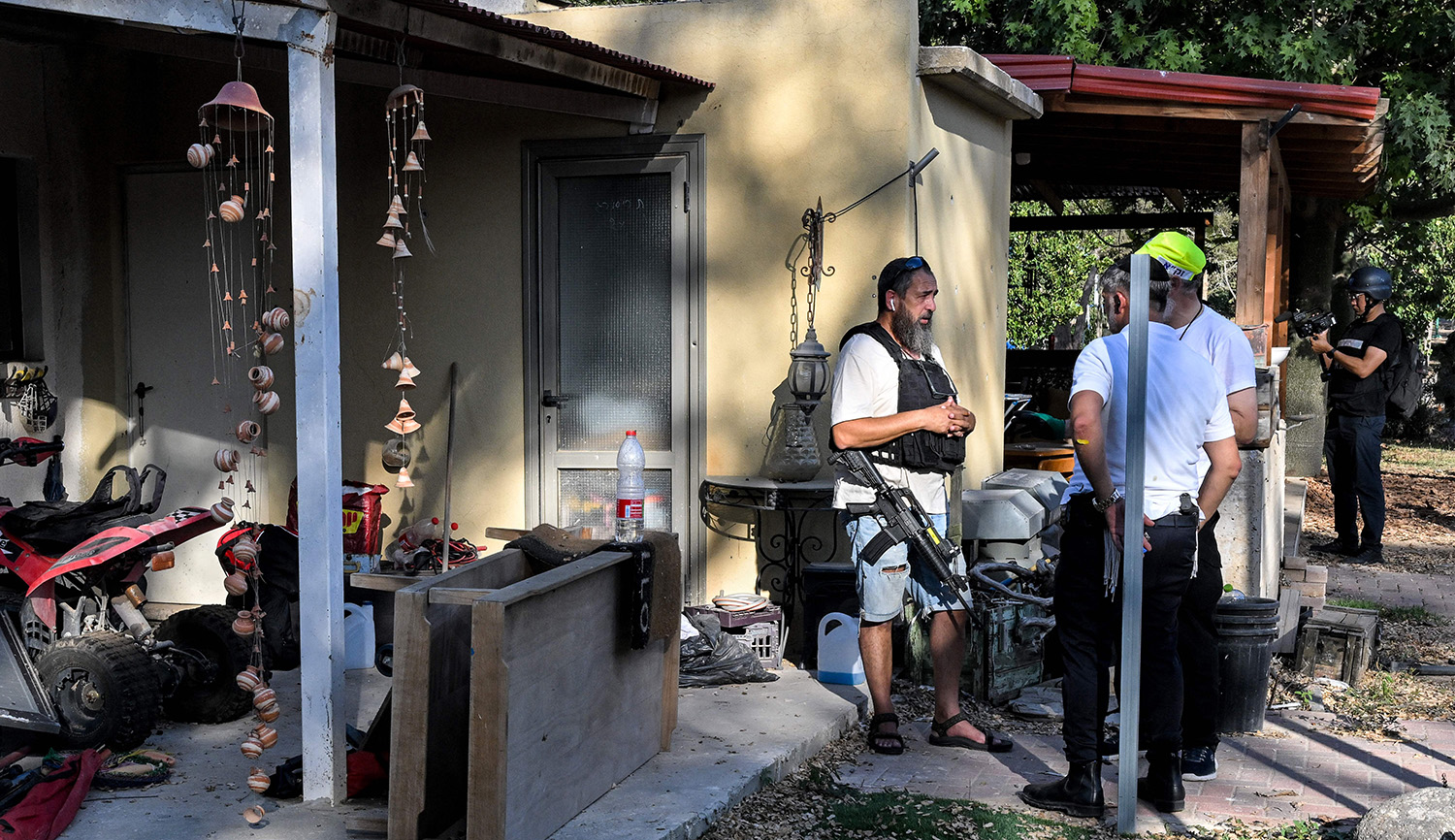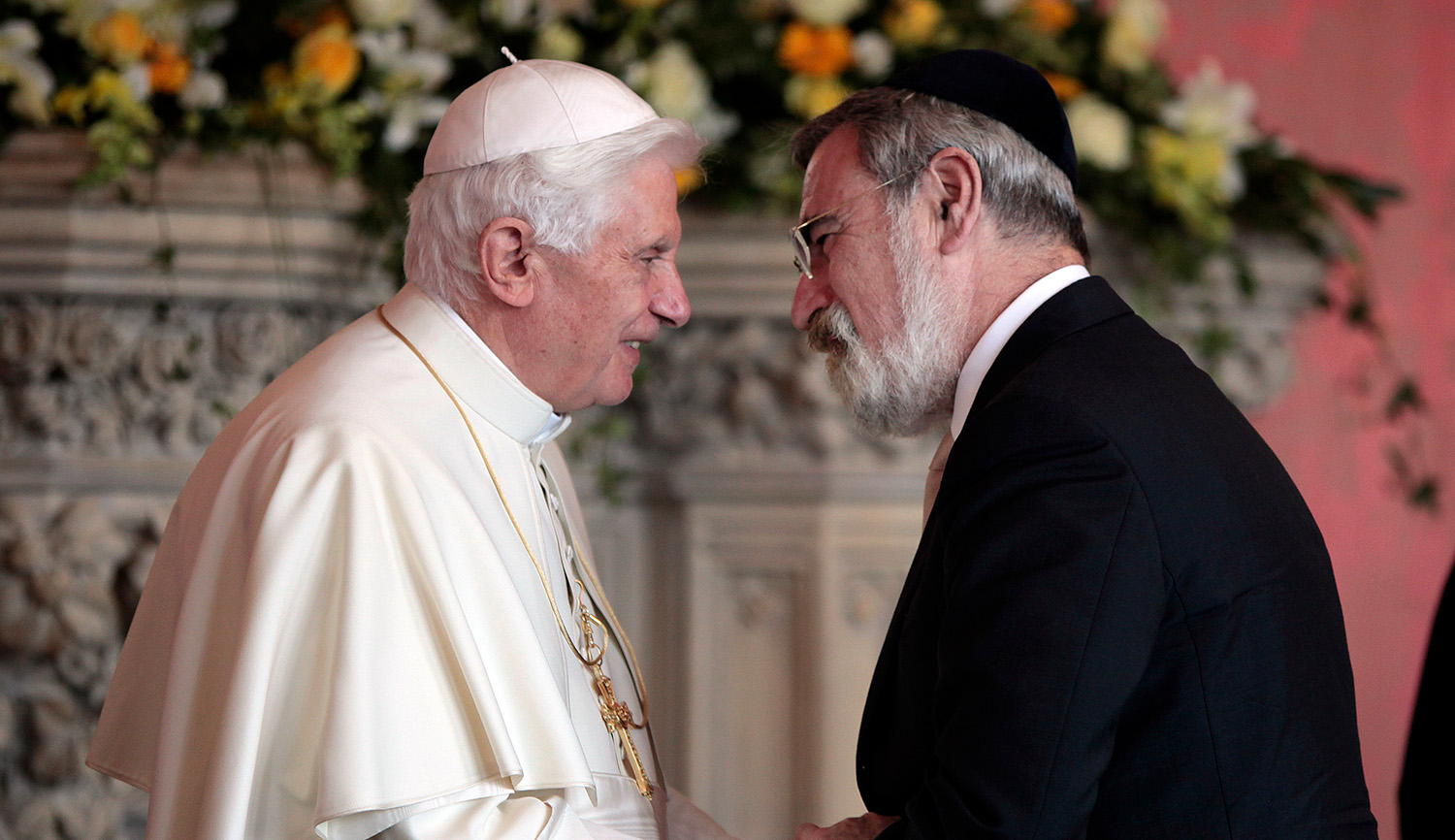Anyone seeing the videos and hearing the experiences of Israelis last weekend had to be reminded of Nazi Einsatzgruppen (“action groups”) exterminating East European Jews after the invasion of the Soviet Union in 1941. What’s been almost as disturbing is that so many Europeans and Americans, as well as Palestinians, have taken the Nazis’ side in this fight—not just because they hate Israel and the Jews, but because they hate the West. Their governments, and ours, must now recognize that what’s ultimately at stake is not just Israel’s existence, but the survival of the West itself.
Since its independence, support for Israel has always been a barometer of the West’s own self-confidence. The Six-Day War took place before the West’s intellectual institutions were swept up in the radical takeovers of 1968, and when the West’s mood—and America’s—was still optimistic and strong. Even my leftist parents unabashedly admired Israel’s sudden and decisive victory over its enemies. There was pride in Paris and elsewhere that French Mirage jets had contributed to that victory.
By the time of the Yom Kippur War six years later, the mood in America and Europe had darkened, with the global economic downturn triggered by the Arab oil embargo and OPEC’s price hike. Just a year after the U.S.’s humiliating withdrawal from Vietnam and after the Club of Rome report suggesting that the days of economic growth were over for the West, a pessimism had overtaken the left and Western elites that was reflected in their increasingly negative view of Israel as somehow the cause of all that was wrong in the Middle East. This “blame Israel” mood culminated in the United Nations resolution passed in 1975 branding Zionism a form of racism, a mood captured by the then-U.S. ambassador to the UN, and the resolution’s fiercest opponent, Daniel Patrick Moynihan:
The world’s greatest power had entered a time of prolonged economic difficulty consequent upon the decision of the Arab nations, which were also Israel’s enemies, to quintuple the price of energy. . . . Whether Israel was responsible, Israel surely would be blamed; openly by some, privately, by most, Israel would be regretted. (A Dangerous Place, p. 177)
Jump ahead 40 years later to November 2016, when Mosaic published my essay “Everybody Loves Israel.” The title was meant to be ironic. At the time, after repeated Israel-Hamas clashes in Gaza, most Europeans, and some Americans (including our then-president Barack Obama), probably still regretted the existence of Israel as needlessly complicating our dealings with the Arab world. But the experience of 9/11 and al-Qaeda bombings in London and elsewhere had brought some moral clarity regarding where Israel stood in the struggle against evil.
In a larger sense, the world was finally prepared to see supporting Israel as a matter of strategic advantage, not just a tiresome moral burden. Israel was seen as the most powerful state in the Middle East; building ties to that state made strategic sense. That was certainly the reasoning of China and Russia, even more so of the Sunni Arab countries.
In fact, my article forecast the strategic shift that would result in the Abraham Accords almost four years later. All the same, perhaps only the East European and Baltic republics saw in Israel something of themselves: a reflection of their own embattled history and efforts by their neighbor Russia to crush out their existence. That realization made the renewed invasion of Ukraine in 2022 even more poignant. It should also make the political as well as moral stakes involved in Hamas’s unprovoked attack on Israel even clearer.
But perhaps not. The elites in European countries who profess to be outraged by Russia’s unprovoked attack, the civilian casualties, the atrocities—some even invoking the word genocide—will be more ambivalent when it comes to what’s happening in Israel. Their disdain for, and regret about, the existence of Israel and Israelis, which hasn’t changed, is now also tinged with fear. These attitudes spring not only from the presence of radical Islam in their midst, but also from having been made to feel ashamed of their own Western and Judeo-Christian heritage—a heritage that would help them recognize the true nature of the threat to Israel, and to themselves if they could see it.
This ideological blindness has been entrenched in Western academia for at least two decades now. If there is any single source for this myopia—which leaves much of the West blind to what’s actually unfolding in Gaza—I would have to point to the publication in 1978 of the book Orientalism, by the Palestinian author and Ivy League idol Edward Said. His thesis, which was extended in his Culture and Imperialism (1994), was that every aspect of the West’s interaction with the non-West, including with the Middle East, no matter how well-meant, is permanently stained by racism and imperialism. I can remember how his anti-Western, and by implication anti-Israeli, thesis swept through academic circles in the early 1980s. It went on to corrupt every liberal-arts discipline from literature and art history to anthropology, history, and of course political science and international relations.
Both books were of course a tissue of lies and misrepresentations, just as Said’s own life. (He and his family were never Palestinian refugees as he claimed). But they made it intellectually respectable, even morally imperative, not just to hate Israel, but also to hate the West in the name of the oppressed.
Such lies have now spread to multiple generations of college-bred Americans and Europeans. “Like virtually every colonial hangover—from Western capitalism to the gender binary—Orientalism didn’t end, it just shape-shifted” as an aspect of the Western power matrix, wrote one author in 2021—not in some obscure academic or radical journal, but in Teen Vogue. In this way the emerging radical program of decolonization has far more sweeping ramifications than just eradicating racism. It means destroying the entire Western economic, social, and cultural system. As a corollary, every action taken against that monolith becomes justified, even mass murder of innocents in an Israeli kibbutz.
In effect, what we’re witnessing in Gaza and Israel is what the radical left, and the new pro-Palestinian want-to-be storm troopers in our streets, have planned for the rest of us. So we should see things for what they are: Israel’s existential struggle is also our own.
More about: Gaza War 2023, History & Ideas, Israel & Zionism
